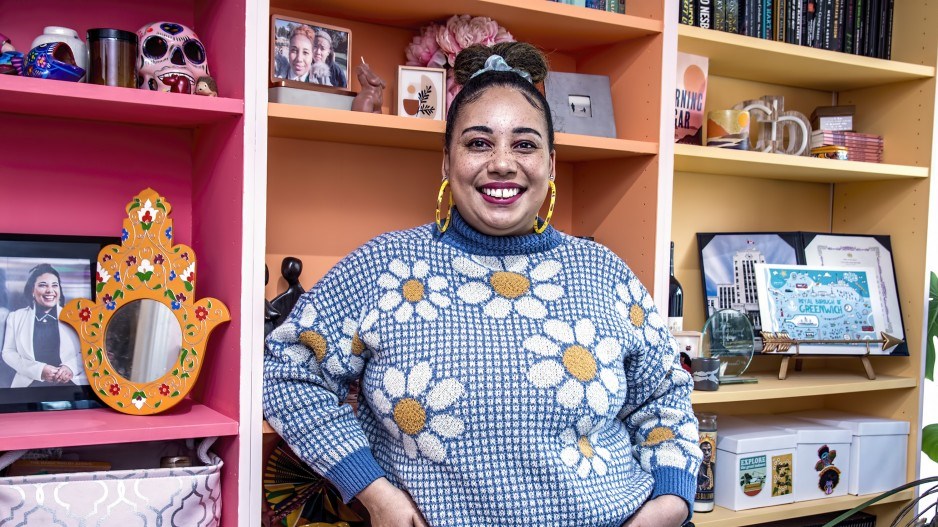Without diversity represented in senior management, other equity, diversity and inclusion efforts (EDI) – such as communication and training – may be interpreted as lacking or disingenuous, according to a recent EDI study commissioned by the Chartered Professionals in Human Resources (CPHR) Canada.
The majority of HR professional respondents in B.C. and Yukon viewed hiring and promoting diverse talent to senior levels as the best practice for advancing a company’s culture of diversity, according to the report.
However, only one-third of respondents said their organizations took action to address this. Another 21 per cent said their company had “no real actions” other than communication and training, and 34 per cent said their company attempted but lacked real action and change in senior management composition.
“As our findings show, DEI programs are ineffective unless supported by sustained, accountable actions from the top down,” said Sheh Shojaee, director of strategic human resources and operations at the CPHR of British Columbia and Yukon.
“Authentic and sustained effort is important so that employees don’t see an organization’s DEI efforts as performative.”
The survey also showed that 80 per cent of respondents believe senior leadership’s support is essential for implementing a company’s EDI strategy.
“A lot of work in EDI has been driven through HR or resource group, but it’s important to come from the top,” said Kristin Bower, co-founder of Leda HR, a Vancouver-based boutique consulting firm specializing in EDI work.
“The role modelling from the most senior within an organization is important to create any real game change.”
EDI in the workplace has been a part of human resources, hiring, culture and business discussions for years. Progress on the EDI front can be seen within many B.C. companies, but experts say more work needs to be done, and companies need to evolve their EDI practices.
Cicely Blain, CEO of Bakau Consulting, a Vancouver-based equity, inclusion and anti-racism consulting company, said there’s been more investment in EDI work from organizations over the past few years.
“Before, we saw a lot more one-off workshops or smaller things, but now we're seeing bigger projects that companies are doing to actually change inequity or toxicity in the workplace, which is great,” said Blain.
Progress was also observed by Bower, who has seen more intention from employers on increasing representation through diverse hiring.
However, despite the practices and intentions noted above, EDI experts say they hope to see more work being done in the space, including more leadership team support, specific metrics for measuring outcomes and the integration of EDI into every aspect of an organization.
The CPHR report indicates that nearly one-fifth of respondents saw significant to extreme improvement in EDI since their organization began measuring it.
“What gets measured, gets done – that's just a fact. If you don't set some targets and goals, how are you creating change?” said Bower.
Companies can start by surveying employees confidentially to understand current sentiments around EDI efforts and what they would like included in the organization’s EDI strategy, according to Shojaee.
Blain added that companies need to take a more holistic and long-term approach to EDI work, and to encourage and establish safety for their team members.
“What happens a lot, especially to big businesses, is when something happens in the world or in society, there's a sense of urgency where businesses and organizations feel like they have to quickly respond, but they don't really think through a process,” said Blain.
“And in that process, employees that are actually impacted by the event get hurt or excluded, because they don’t feel like their colleagues are understanding the issue or listening, then they experience more harm.”
Blain would also like to see more progress being made in areas including equity in leadership and pay inequity. According to the 2023 CPHR survey, only a quarter of companies have addressed or plan to address wage equity.
EDI work, which might originate from HR practices, should be present “through everything that an organization does,” said Bower, adding that companies should not be afraid of making mistakes.
“There's no organization in the world doing this perfectly, because it's an imperfect thing,” said Bower.
“Don't be nervous about the journey. Don't think you have to get it right 100 per cent of the time, because you won't, and be comfortable with being a little bit uncomfortable.”

